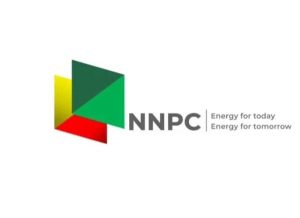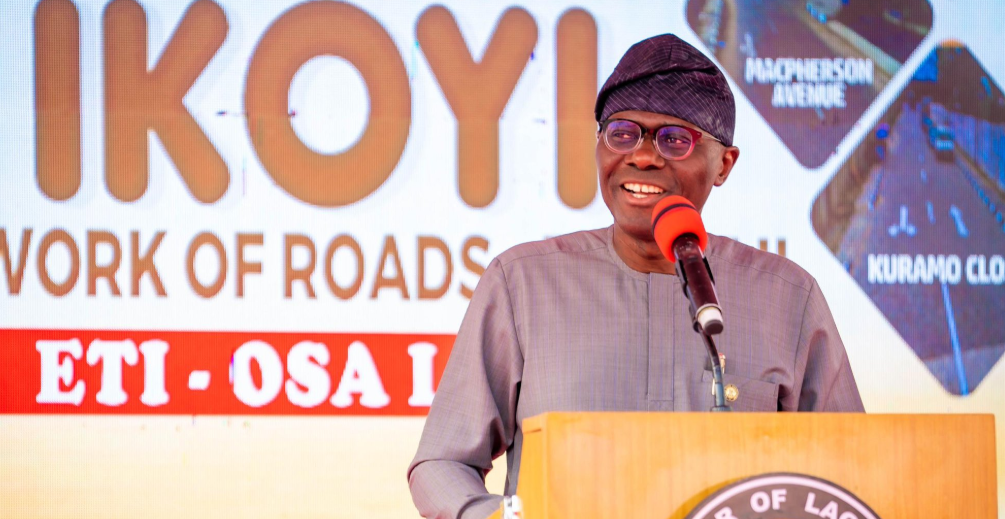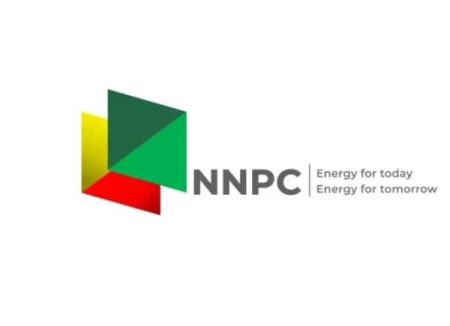The Lagos State Government has reaffirmed its commitment to completing the Ilubirin housing project, a significant waterfront development poised to transform the Lagos Island landscape. Slated for completion by 2026, this ambitious project, encompassing a 27-hectare expanse, promises to deliver a vibrant mixed-use community encompassing residential, commercial, and hospitality components. The project, spearheaded through a public-private partnership, signifies a landmark achievement in urban development, addressing critical housing needs while fostering economic growth and enhancing the city’s aesthetic appeal. Recent site inspections by government officials and project stakeholders have underscored the progress made thus far and reinforced the dedication to meeting the established timeline.
Significant strides have been made in overcoming initial engineering and logistical hurdles that had previously hampered progress. The Commissioner for Housing, Moruf Akinderu-Fatai, highlighted the resolution of key challenges related to drainage and site access during a recent inspection tour. A robust drainage system has been implemented to mitigate flooding risks, and access to the site has been substantially improved, further facilitated by the approved construction of a connecting bridge. These advancements pave the way for accelerated development and ensure the project’s long-term viability and sustainability.
The Ilubirin project epitomizes the Lagos State Government’s vision of a “walk, play, and live” community, seamlessly integrating various aspects of urban living. The development aims to provide a dynamic environment where residents can enjoy a high quality of life with convenient access to amenities, recreational spaces, and commercial hubs. This holistic approach to urban planning reflects a growing trend towards creating self-contained communities that minimize reliance on external commuting and promote a sense of belonging.
The scale and complexity of the Ilubirin project are evident in the planned construction of nearly 3,000 residential units housed within multi-storey buildings ranging from 15 to 20 storeys. This ambitious undertaking represents a substantial investment in providing modern and affordable housing options to meet the growing demands of Lagos’ burgeoning population. The project’s design emphasizes sustainable construction practices and incorporates green spaces, promoting environmental consciousness and fostering a healthy living environment.
The project has necessitated extensive groundwork to prepare the site, originally situated below sea level, for construction. Adebisi Adebutu, Managing Director of First Investment Development Company Limited (FIDC), the project’s private developer in partnership with the state government’s investment arm, Ibile Holdings, detailed the significant efforts undertaken to raise the ground level and implement flood mitigation measures. These included massive sand filling, amounting to nearly a million cubic meters, to ensure the site’s resilience against potential flooding events, including a 100-year storm. This meticulous preparation underscores the project’s commitment to long-term sustainability and disaster preparedness.
A notable aspect of the Ilubirin project is its commitment to local sourcing and manufacturing. The FIDC has adopted a localization strategy, opting to produce a significant portion of its construction materials on-site. This approach not only contributes to cost efficiency but also stimulates local industry and creates job opportunities within the community. The production of doors, windows, aluminum fittings, and joinery on-site minimizes reliance on imported materials and reinforces the project’s dedication to sustainable development. Furthermore, the utilization of locally sourced natural stone and granite for tiles and roadways showcases the abundance of local resources and underscores the project’s commitment to environmental responsibility. This approach aligns with broader efforts to promote local content and reduce the project’s environmental footprint.














